(a webpage dedicated to SoniCelegans is currently underway. Stay tuned for more. In the meantime, please find here selected information about this fascinating project.)

SoniCelegans-and beyond
Interactive installation and performance
Sunday September 26, 2021, 2-3pm and 3-4pm. Chip Davis Studio, EV Moore Music Building, 1100 Baits Drive
Free admission, but pre-registration is required. Sponsored by ArtsEngine.
This is a milestone in a journey that brings together music and neurobiology. Through a collaboration among musicians, neurobiologists, sound engineers, composers, scientists, humans, and nematodes, we explore questions inspired by neurobiology experiments with the invertebrate model organism Caenorhabditis elegans (C. elegans). How does memory sound? What constitutes the musical background of a memory? How is a maze represented musically? What is the relationship between stochasticity in spatial navigation and improvisation in musical navigation? How can a human performer converse with a tiny invertebrate animal lost in space? How can we learn to create music guided by an experimental animal? How can an invertebrate creature learn to navigate guided by music? And, ultimately, how do the founding definitions of our certainties shape up when we shift our frame of thought into a new paradigm?
SoniCelegans was instigated by Eleni Gourgou’s experiments with C. elegans intended to decipher spatial learning and memory at the single neuron level. Experiments include behavioral assays where tiny C. elegans nematodes traverse simple T-mazes and learn to reach a target maze arm, even though they lack a structured brain and detailed vision. Apparently, they rely on olfactory, proprioceptive, and tactile cues, and their 302-neuron nervous system proves to be sufficient to allow them to perform the task effectively. This behavior challenges what we know about the capabilities of small nervous systems, and calls for new ways to define spatial memory and learning.
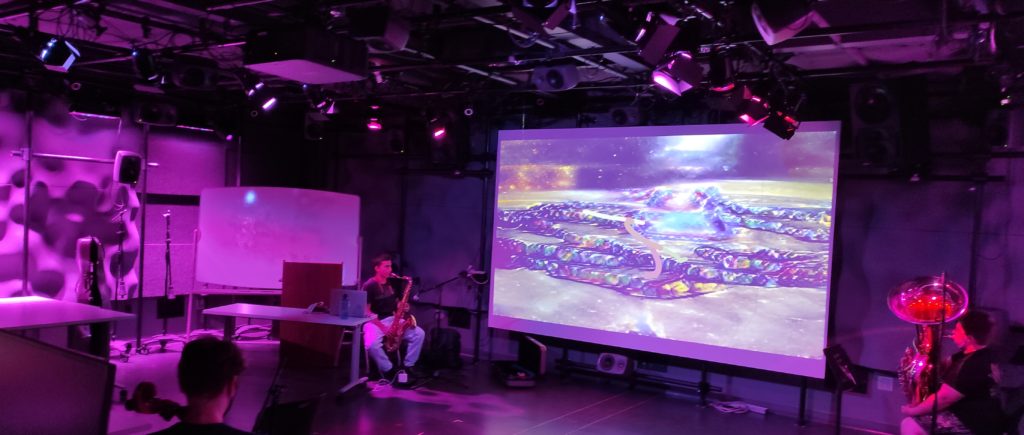
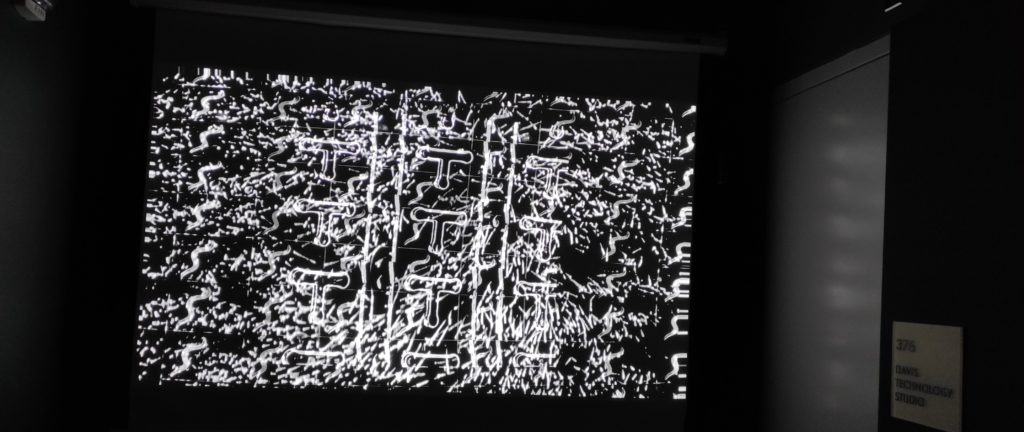
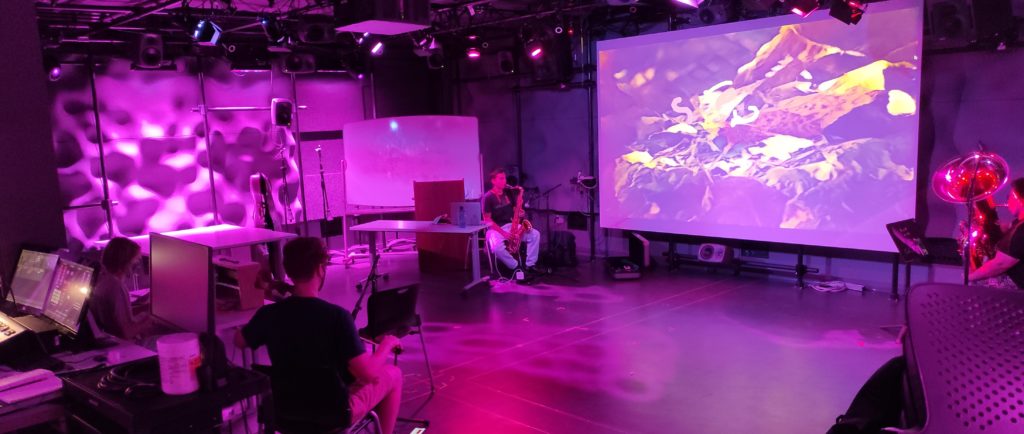
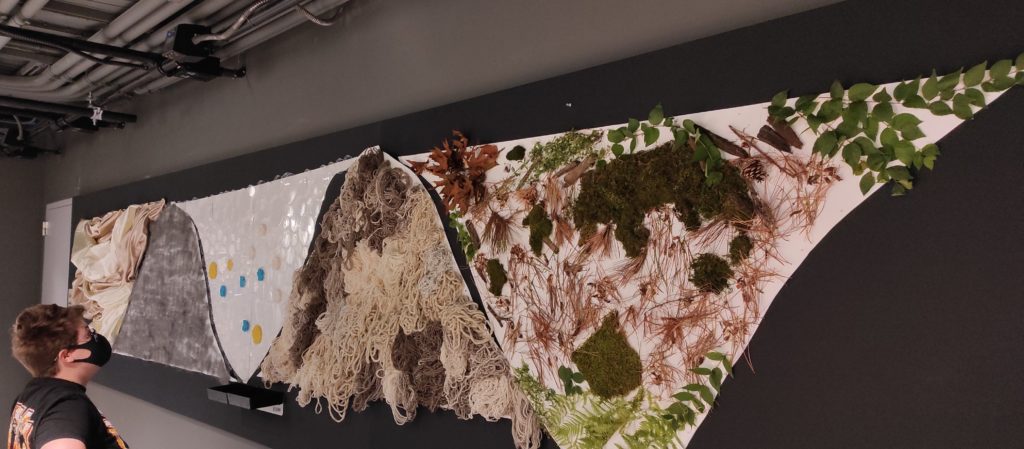
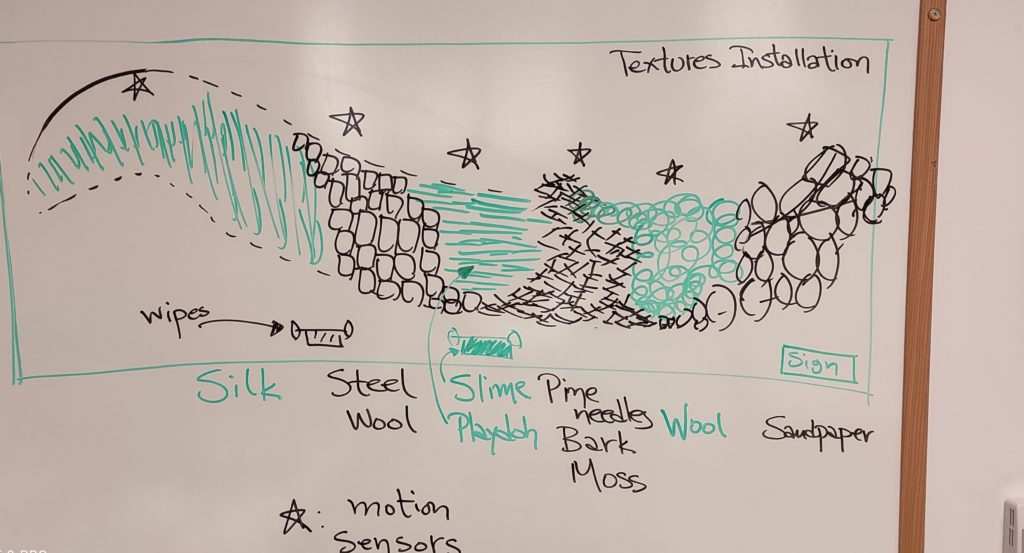
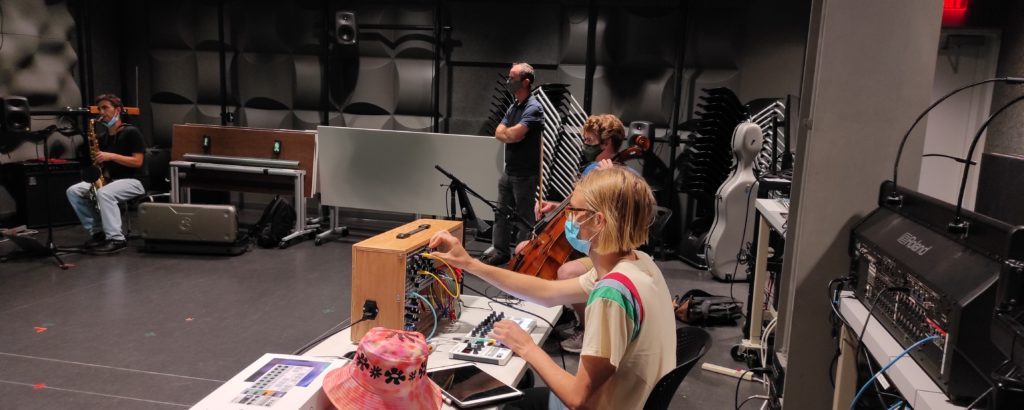
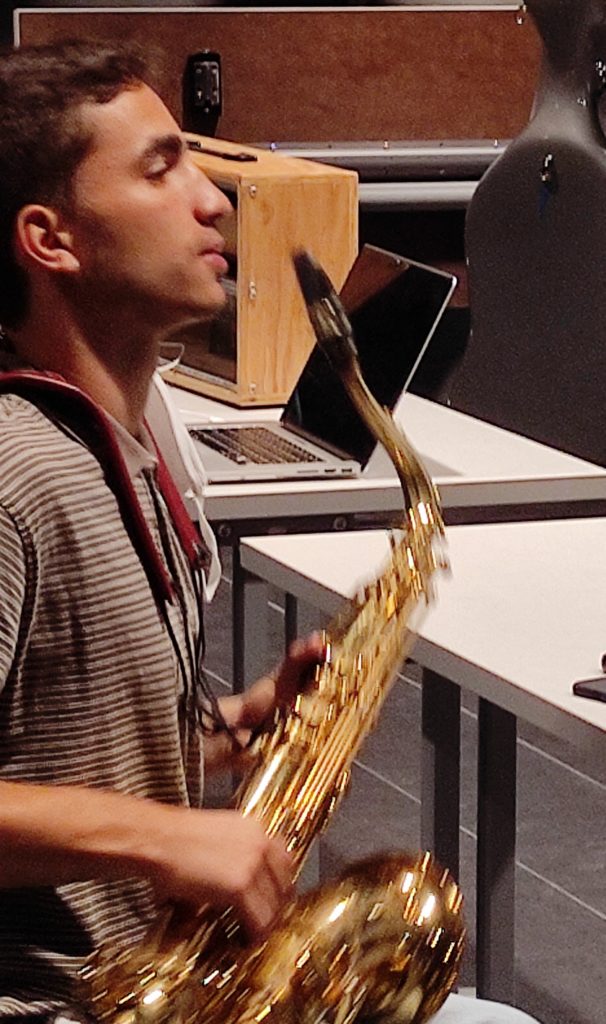
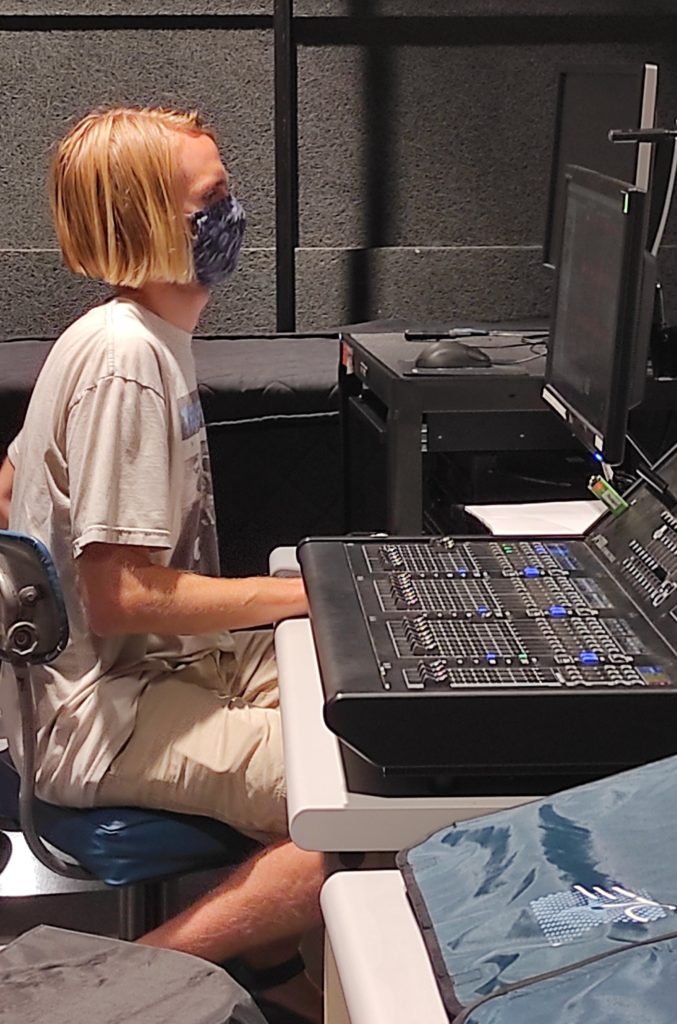
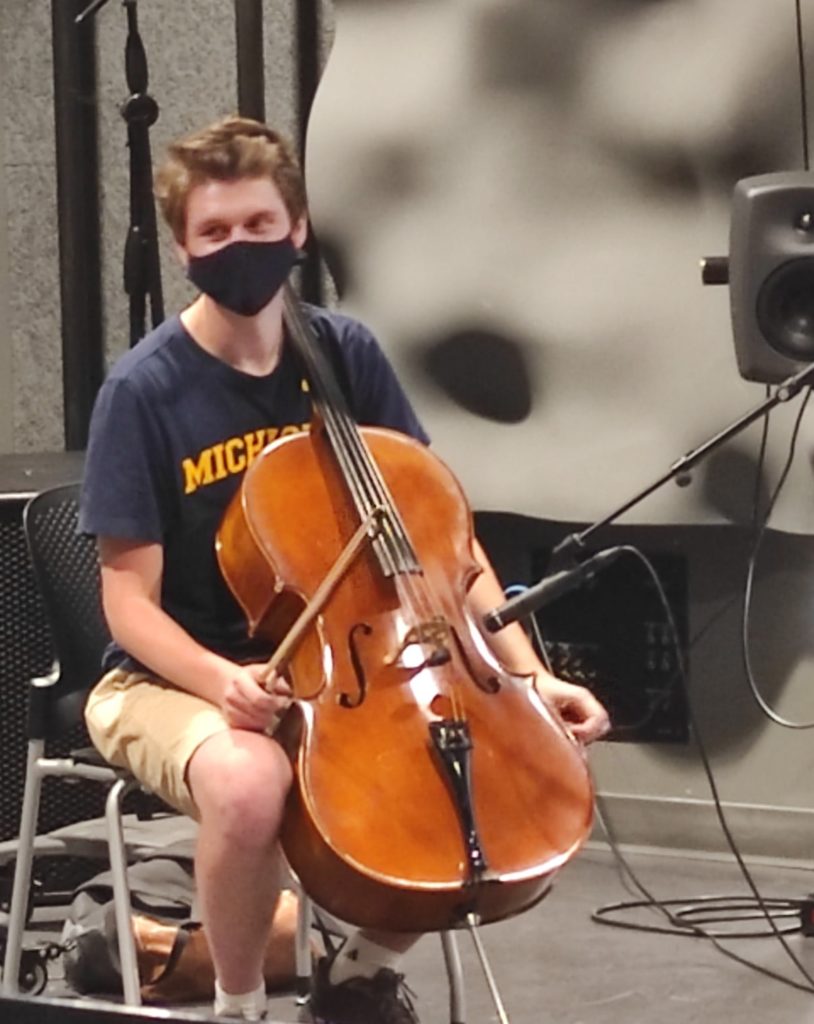
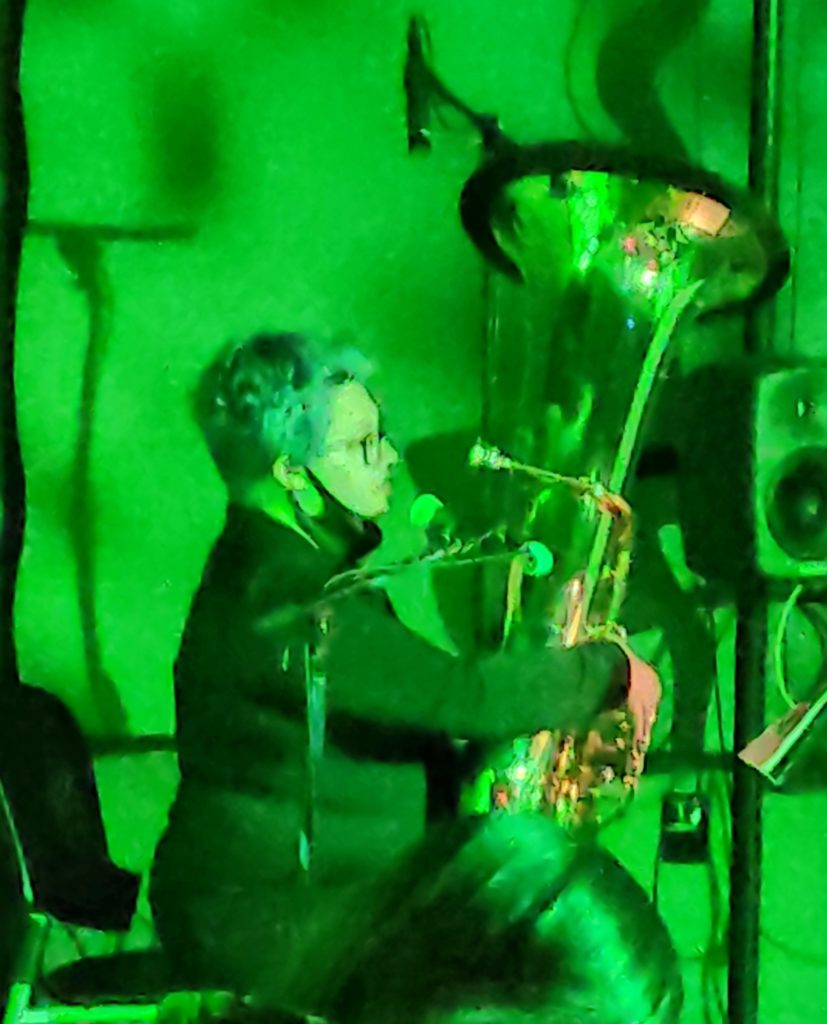
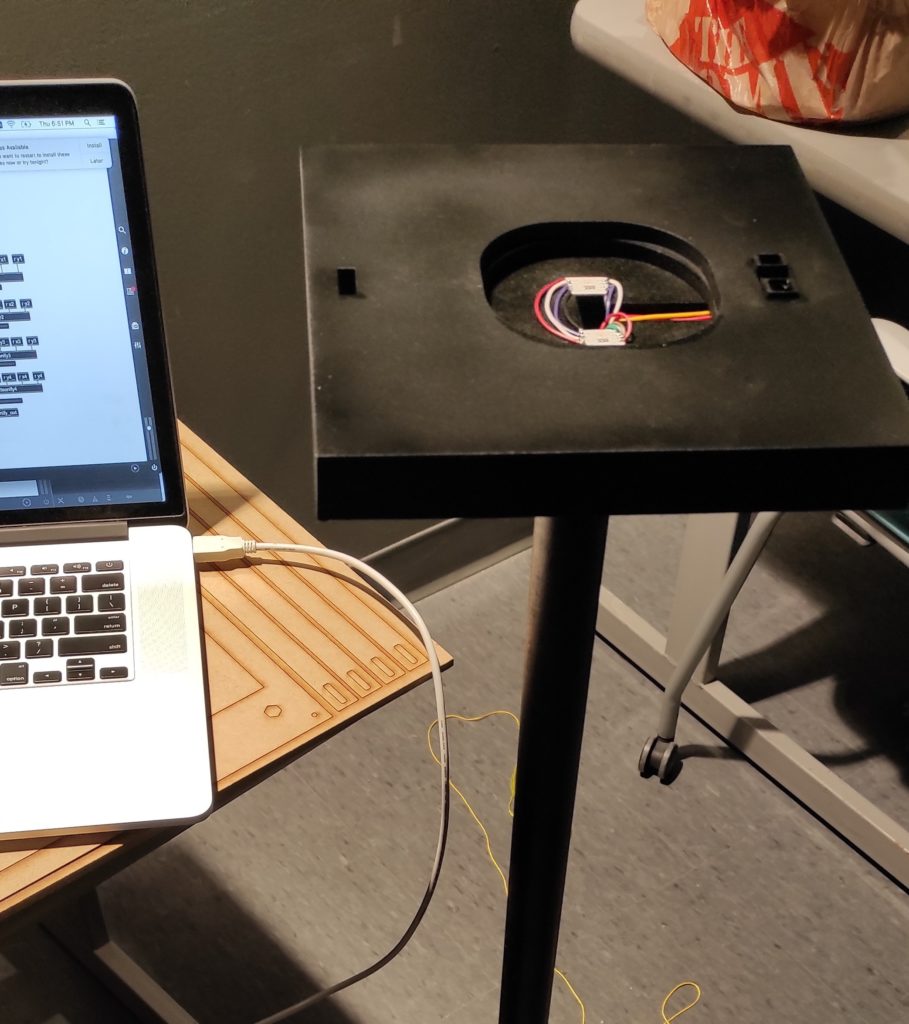
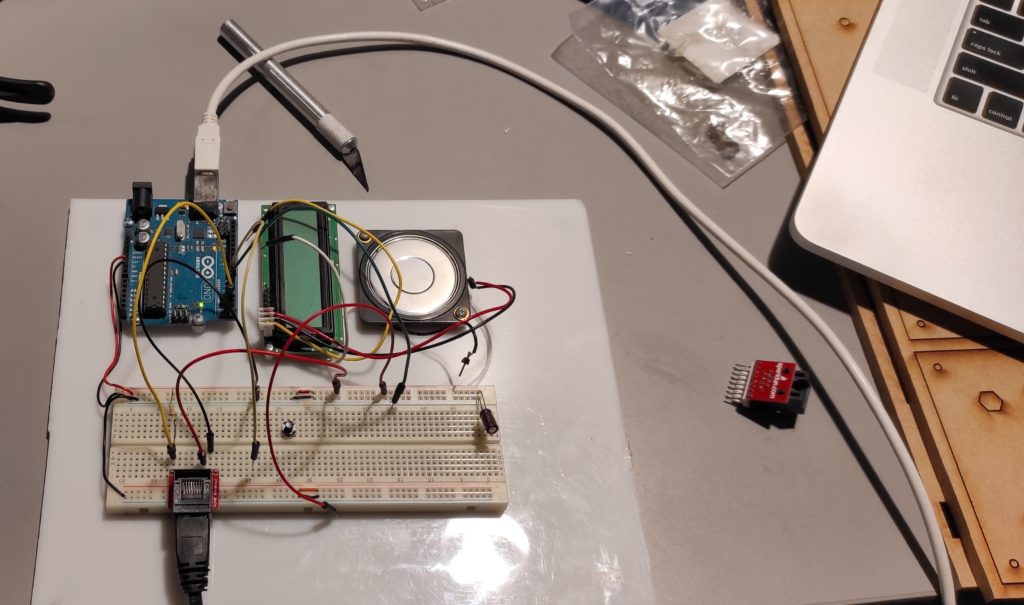
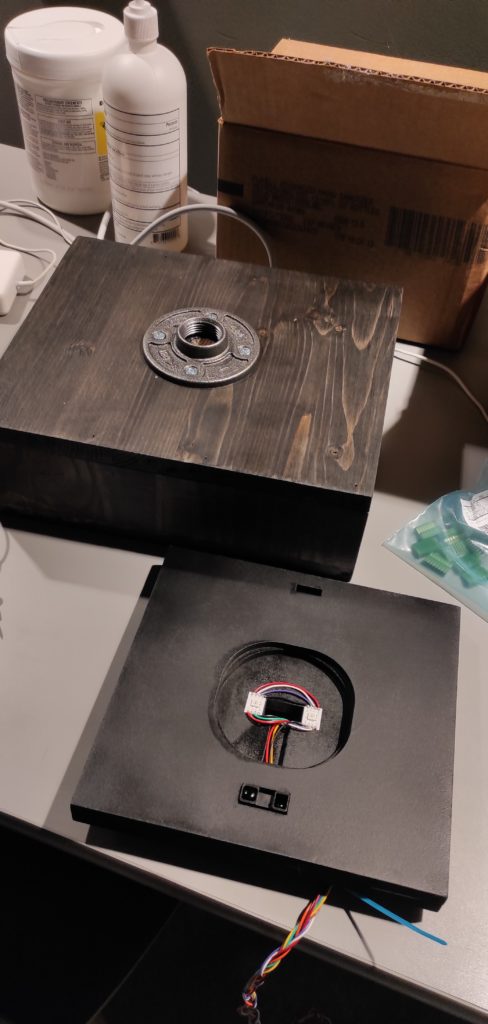
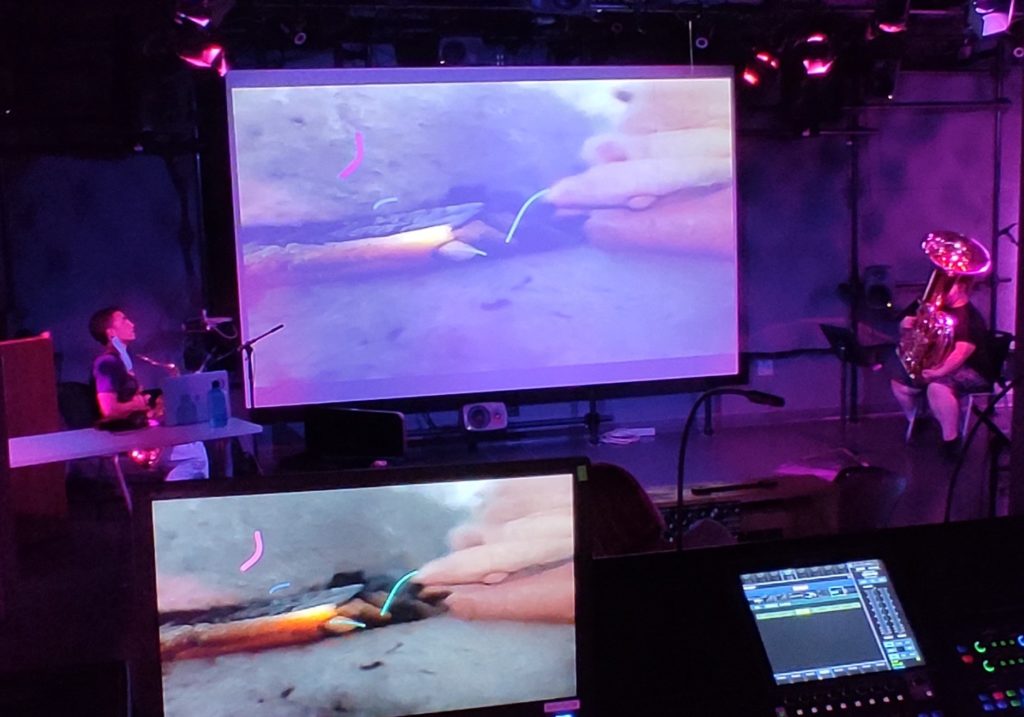
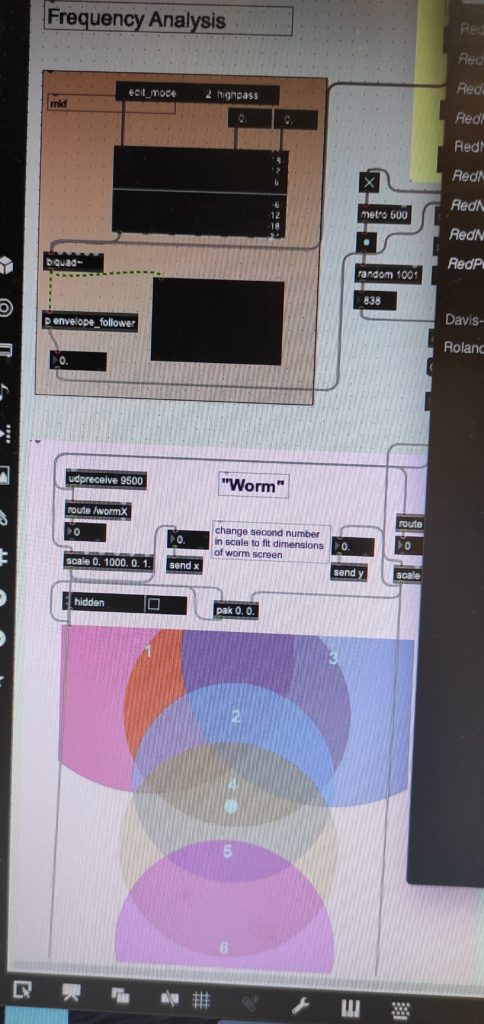
We thank ArtsEngine, Deb Mexicotte, Amy Tackitt, and Greg Wakefield.
